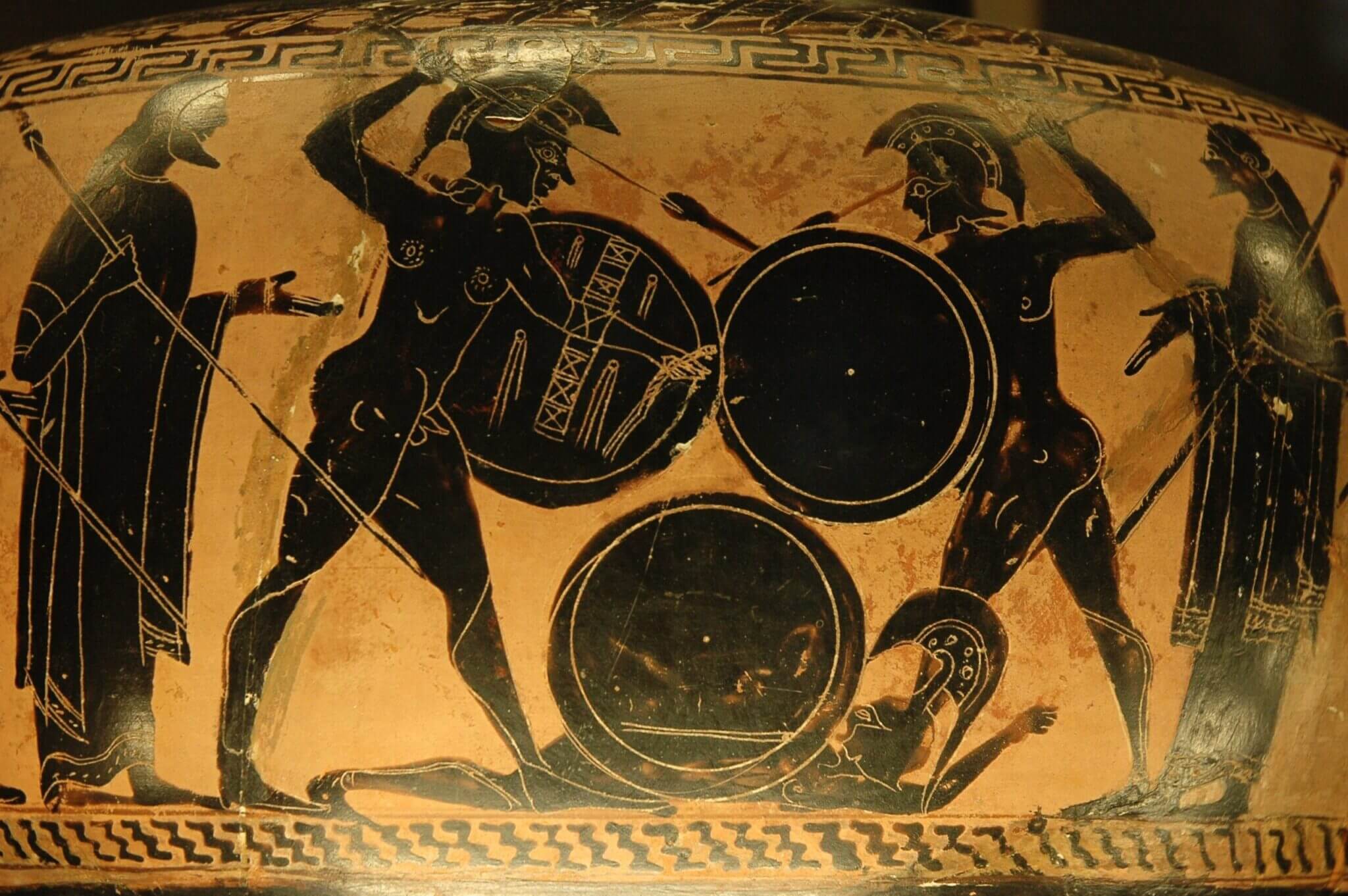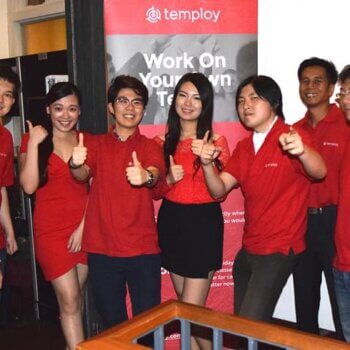Remember your Greek mythology? Paul Woodruff, professor of classics and philosophy at The University of Texas at Austin, certainly hopes so — especially if you’re a manager, because you’ve got a dilemma as old as recorded history.
Businesses hire two types of employees, says Woodruff: An Ajax and an Odysseus. Ajax is strong, capable, and gets the work done. Odysseus is creative, dynamic, and has a reputation for bright ideas. (Be warned: loyalty is not in his vocabulary.) Ajax might be easy to replace, says Woodruff, but Odysseus is not, and yet both types of employees are necessary.
The dilemma is this: How do you keep hard-working Ajax content and on board while making sure superstar Odysseus is adequately rewarded so he isn’t lured away by the next headhunter? Woodruff helped unravel that management knot at a sold-out Texas Enterprise Speaker Series event on February 19, 2015. “I chose these names because they are the names of archetypes in a very ancient myth of a competition between two soldiers in the Greek army outside Troy,” explains Woodruff, “and they represent a problem that is extremely difficult for any boss to solve, whether in an army or at an office.”
The problem, says Woodruff, is in attempting to reward both Ajax (the brawn) and Odysseus (the brains) fairly. In Greek mythology, that meant deciding who should win Achilles’ magical suit of armor. Ajax and Odysseus each had to persuade a council that he was more worthy of the honor. This seemed fair — but Odysseus’ oratory skills, which were far superior to Ajax’s, gave him the edge and the reward, leaving Ajax humiliated, infuriated, and suicidal.
So which is worth more: actions or ideas? The worker who toils away loyally each day, or the creative, strategic luminary? Both are important but different, and when it comes to rewards, fairness won’t suffice. “We need justice,” says Woodruff. A just manager is a compassionate leader who doesn’t strive for an arbitrary sense of equality but rather a meaningful, proportionate division of the rewards. Each worker needs to be compensated — and recognized — according to measures that reflect his or her unique contributions to the enterprise. “A wise leader will achieve success with his or her team by achieving some level of justice that is acceptable to all parties,” he notes, and this is where Agamemnon, commander of the Greek forces, failed.
Without an appreciation for the work different employees and teams perform, competition and resentment can grow. It isn’t a manager’s job to divvy rewards in an even-handed way, insists Woodruff. It’s the manager’s role to build trust and a team culture that supports justice. In this way, a manager can be respected for making decisions that benefit the individual strengths and contributions of both the Ajax and Odysseus team member. So if you’re a manager, your dilemma isn’t about rewarding ideas over actions.
Your dilemma is how to build a culture that supports your just decisions, even when they don’t seem particularly fair.
written by Adrienne Dawson of Texas Enterprise. see more.





























